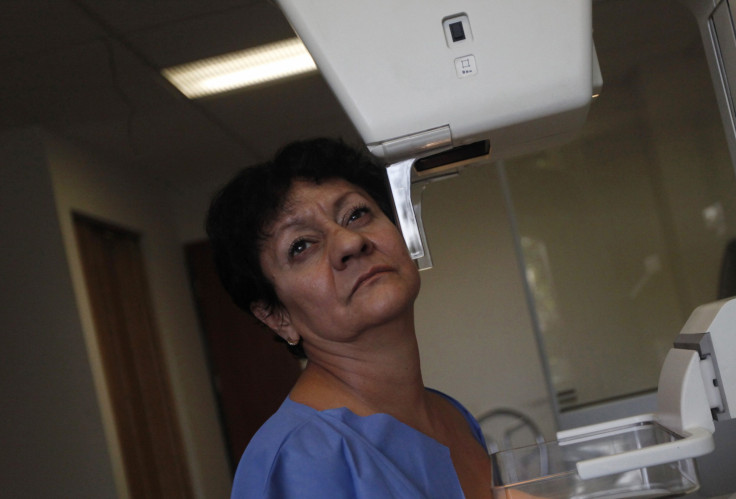Breast cancer news: Women skipping breast check; Mammogram dependence concerns experts

Breast Cancer Care, a British charity organisation, has warned that women aged between 50 and 70 are too reliant on mammograms for detecting breast cancer signs. Experts from the organisation have said that women should also regularly check their breasts between screenings to spot early signs of the killer disease and to get treated without delay. Women in the age group of 50-70 are most vulnerable to develop breast cancer. Around 80 percent of cases occur in women over 50.
A survey of 1012 British women aged 50 and above was carried out and the data revealed that despite 84 percent attending regular screenings, 14 percent (one in seven) never checked their breasts between the screenings. The lifetime risk of developing breast cancer is one in eight for women. It is extremely important for women as they grow older to receive all important information on breast cancer symptoms and routine screenings.
According to chief executive of Breast Cancer Care, Samia al Qadhi, there is no right or wrong method to check one’s breasts. It’s all about looking and feeling regularly so that any unusual changes could be spotted early. Early detection of breast cancer can save many lives.
A study, published in the BMJ, has proved that breast cancer risks can be kept at bay by consuming healthy foods in adolescence and early adulthood. A visiting scientist at the Harvard T. H. Chan School of Public Health and a research associate at Massachusetts General Hospital, Maryam Farvid, found a link between healthy food and reduced cancer risks.
Fruits and vegetables are an important part of a healthy diet, and having them from childhood may help in preventing cancers later in life. Most studies till date have mainly focused on adults. However, it’s becoming clearer with every passing day that cancer drivers also start early in life with children getting exposed to carcinogens.
The researchers found 25 percent reduced risk of breast cancer diagnosis in middle age with fruit consumption during one’s teenage years. Moreover, they also found reduced risk of cancer with consumption of vegetables and fruits high in alpha-carotene, such as sweet potato, pumpkin, squash and carrots.





















